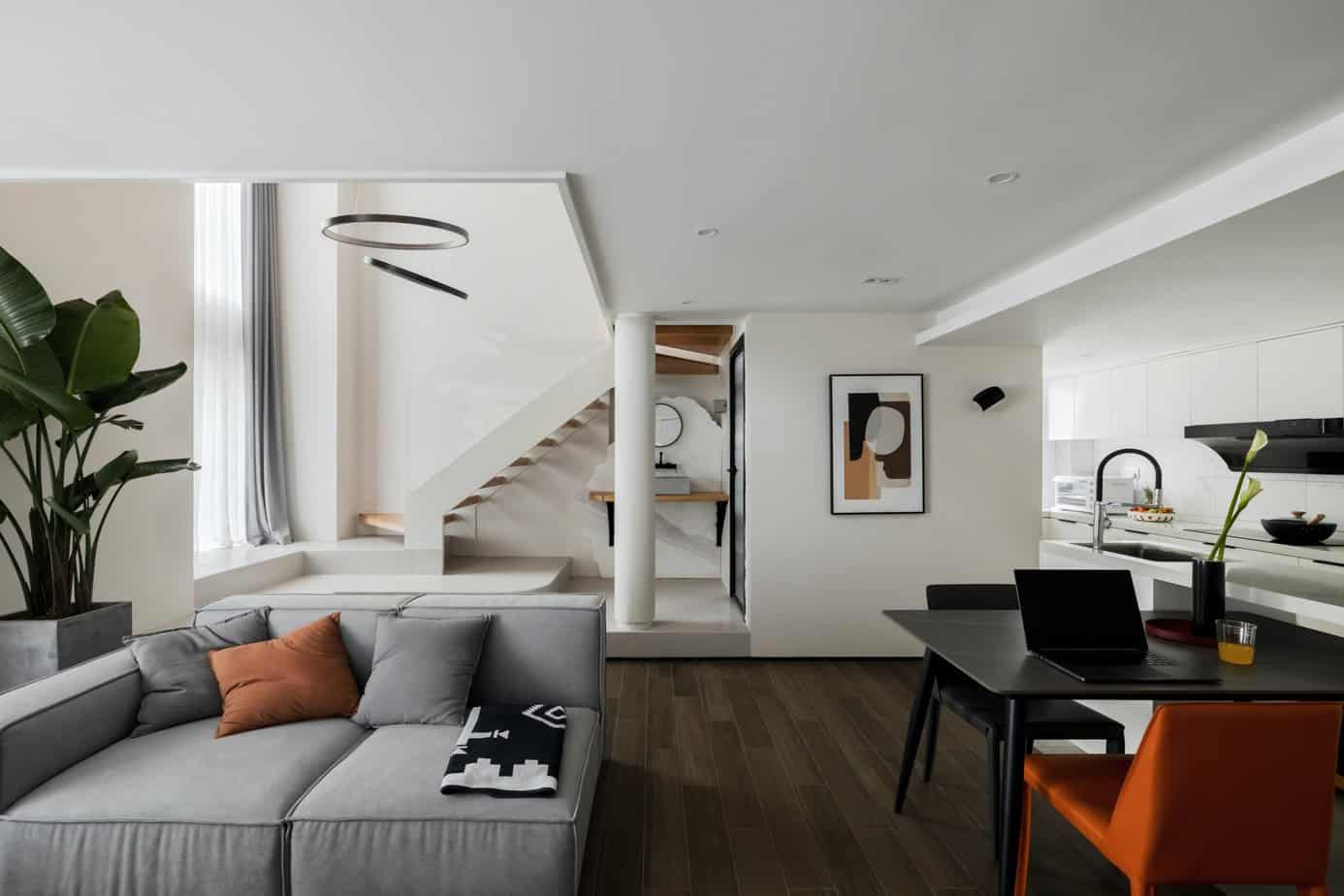
As our lives evolve and families grow, the need for extra space within our homes becomes a common challenge. Whether you’re looking to accommodate a new family member, create a dedicated workspace, or simply declutter your living areas, finding innovative ways to arrange additional space is essential.
When horizontal space is limited, vertical space becomes your best friend. Utilizing verticality not only adds visual interest to your home but also increases storage options. Install floating shelves or wall-mounted cabinets to keep belongings organized without sacrificing floor space. Consider utilizing tall bookshelves or floor-to-ceiling storage units to make the most of your vertical area. With careful planning, you can create a functional and visually appealing vertical storage solution that suits your needs.
In many homes, certain areas go underutilized simply because they are overlooked or considered too small. Take a fresh look at your home and identify these wasted spaces. Transforming a small nook into a cozy reading corner or a compact closet into a home office can make a significant difference. Consider utilizing unused corners for built-in seating or shelving units. With a bit of creativity, even the smallest nooks and crannies can become valuable and functional areas in your home.
When space is limited, creating multi-functional rooms can be a game-changer. For example, a guest bedroom can double as a home office by incorporating a desk and storage solutions. A living room can transform into an entertainment area by integrating a wall-mounted TV and hidden storage for media equipment. By carefully planning the layout and selecting furniture that serves multiple purposes, you can optimize the available space while still meeting your various needs.
Open concept layouts have gained popularity in recent years due to their ability to create the illusion of spaciousness. By removing unnecessary walls and barriers, you can combine multiple rooms into a cohesive and open living area. This not only maximizes space but also enhances natural light flow throughout the home. However, be sure to consult with professionals like https://chicagohomeremodeler.com/ to ensure that the structural integrity of your home is maintained during the renovation process.
Clutter can make even the most spacious rooms feel cramped and overwhelming. To combat this, consider incorporating hidden storage solutions into your home. Opt for furniture pieces with built-in storage compartments, such as ottomans or bed frames with under-bed drawers. Install wall hooks or racks behind doors to hang coats, bags, or accessories. By reducing visible clutter, you create a sense of openness and spaciousness, making your home feel more inviting.
If expanding your indoor space isn’t feasible, consider maximizing your outdoor areas. Create a comfortable outdoor living space by adding a deck, patio, or a cozy garden nook. Outdoor spaces can serve as extensions of your indoor living areas and provide additional room for relaxation, entertainment, or even a home office. With the right design and landscaping, you can create a seamless transition between your indoor and outdoor spaces, effectively expanding your usable square footage.
Arranging additional space in your home doesn’t have to be a daunting task. By embracing verticality, converting underutilized areas, creating multi-functional rooms, considering open concept layouts, utilizing hidden storage solutions, and exploring outdoor living spaces, you can optimize your home’s space while maintaining functionality and style. With a little creativity and strategic planning, you can unlock the full potential of your home and enjoy a more spacious and organized living environment.
Main photo: Peng Chen/unsplash.com
Sponsored text